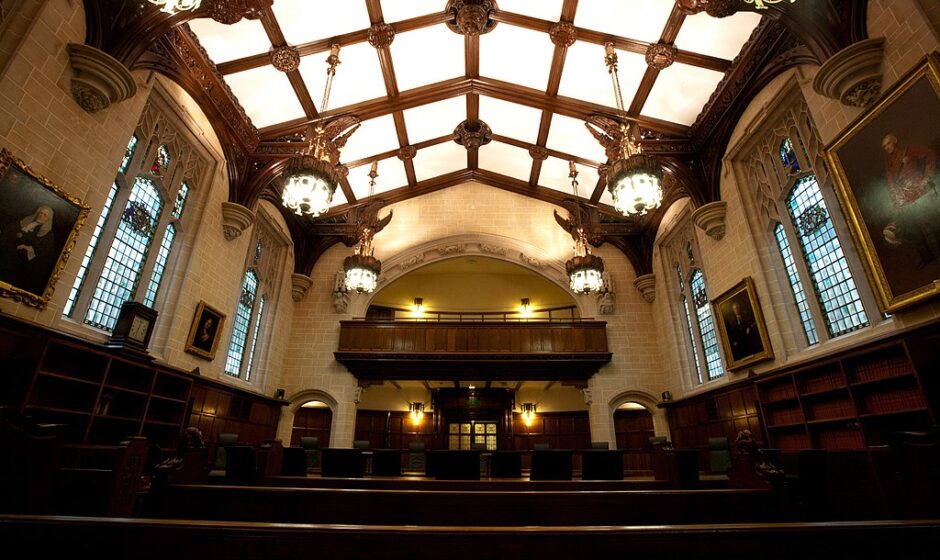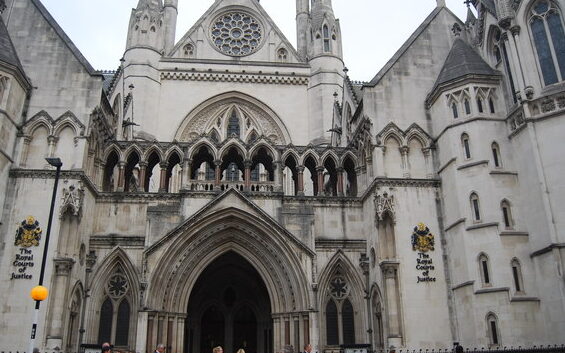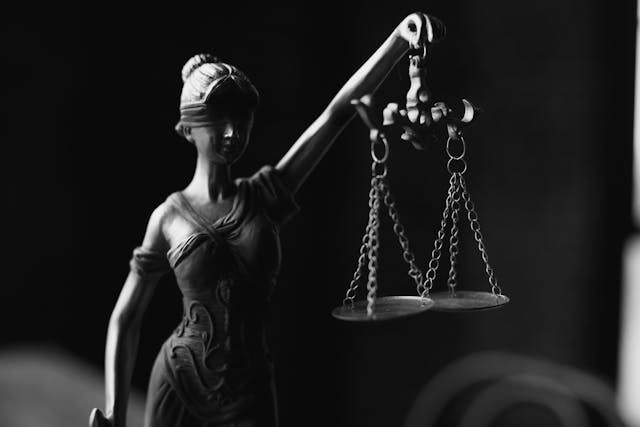Ruling clarifies legal definitions in Equality Act, reshaping single-sex space policies nationwide
In a momentous ruling, the UK Supreme Court has unanimously declared that the legal terms “man” and “woman” in equality legislation refer strictly to biological sex, not gender identity—even where an individual has obtained a Gender Recognition Certificate (GRC).
The decision, delivered in an 87-page judgment on Wednesday, resolves a fiercely debated legal question with wide-ranging implications for employers, charities, public services, and single-sex spaces. The case originated from a challenge by campaign group For Women Scotland to Scottish Government guidance on gender representation in public bodies, which defined “woman” to include trans women with a GRC.
The court ruled that such a reading of the Equality Act 2010 “would cut across the definitions … in an incoherent way” and is “not workable.” Instead, the justices affirmed that the legislation’s original intent was to use “sex” in its ordinary biological sense.
The case marks a pivotal legal moment in the UK’s ongoing debate over the balance between sex-based rights and transgender inclusion. Yet the justices were careful to urge restraint in interpreting the ruling as ideological. “We counsel against reading this judgment as a triumph of one or more groups in our society at the expense of another,” said Lord Hodge. He reaffirmed that the transgender community remains protected under other provisions of the Equality Act.
The ruling stems from Scottish statutory guidance issued under legislation promoting gender balance on public boards. The guidance allowed trans individuals with a GRC to be counted as women for board appointments. For Women Scotland contested the approach, arguing it distorted the Equality Act’s purpose and undermined single-sex protections.
Embed from Getty ImagesThe Supreme Court agreed. Three of the five justices—Lady Rose, Lady Simler, and Lord Hodge—wrote the judgment, concluding that redefining “woman” to include those assigned male at birth would jeopardise statutory clarity and legal coherence.
Campaigners celebrated the result. “The Supreme Court has confirmed what women across the country already knew. Sex matters,” said For Women Scotland in a statement outside the court. “This ruling restores legal clarity and reaffirms the purpose of the protections written into the Equality Act.”
Employment law experts also welcomed the decision for offering certainty in a previously murky area. Phillip Pepper, a partner at Shakespeare Martineau, said: “While this decision will be disappointing for some, it ultimately offers a clear path forward for employers who can now ensure they stay on the right side of the law.”
The ruling does not strip rights from transgender individuals but does mean public and private organisations may need to adjust their policies. For example, facilities such as changing rooms and bathrooms may now require separate provision for trans people if access to biological single-sex spaces is restricted.
Pepper added: “Businesses may have to rethink their policy towards single-sex spaces in the workplace, such as bathrooms and changing rooms, and ensure that all individuals have a suitable space that they feel comfortable in.”
The Scottish Government acknowledged the ruling and pledged further consultation. “We will be engaging with the UK Government to understand the full implications … and will engage with the Equality and Human Rights Commission as a matter of urgency,” a spokesperson said.
Lord Hodge concluded the judgment by clarifying the court’s limited role: “It is not for us to make policy on how different groups should be protected—but to ascertain the meaning of the legislation Parliament has enacted.”





